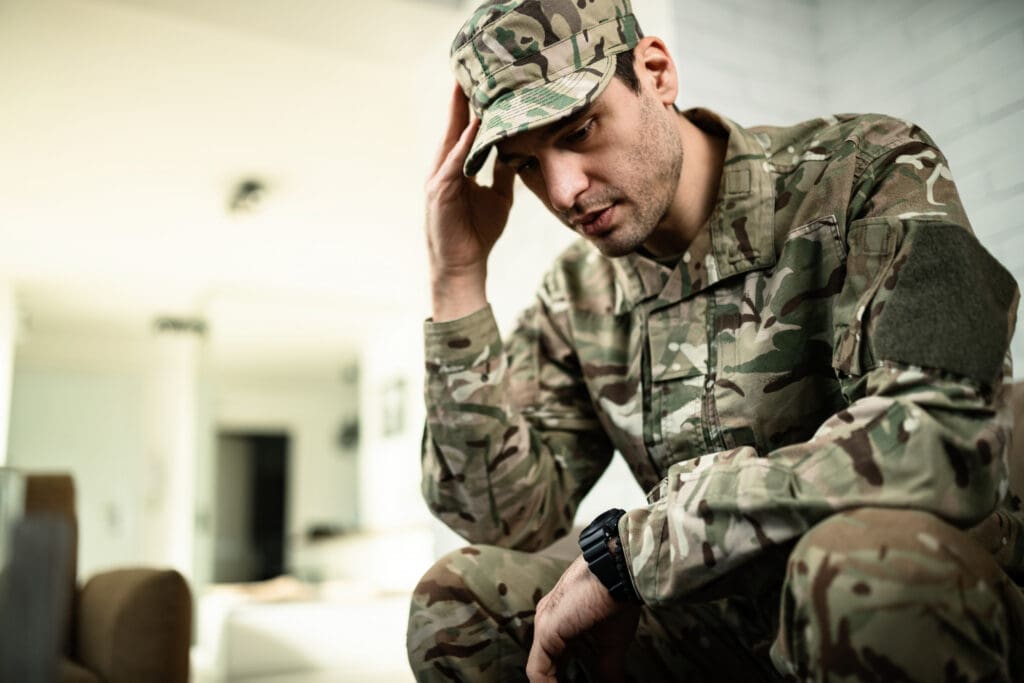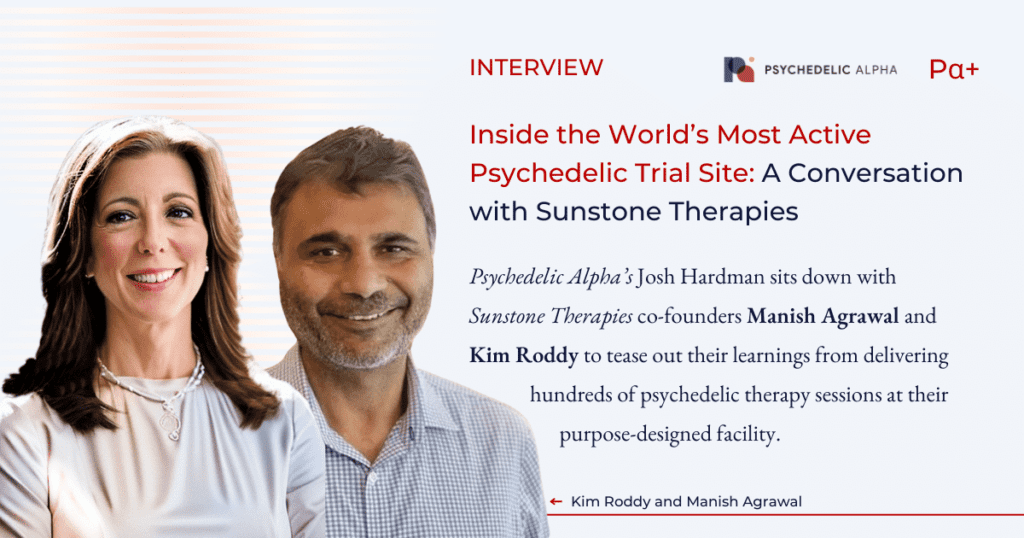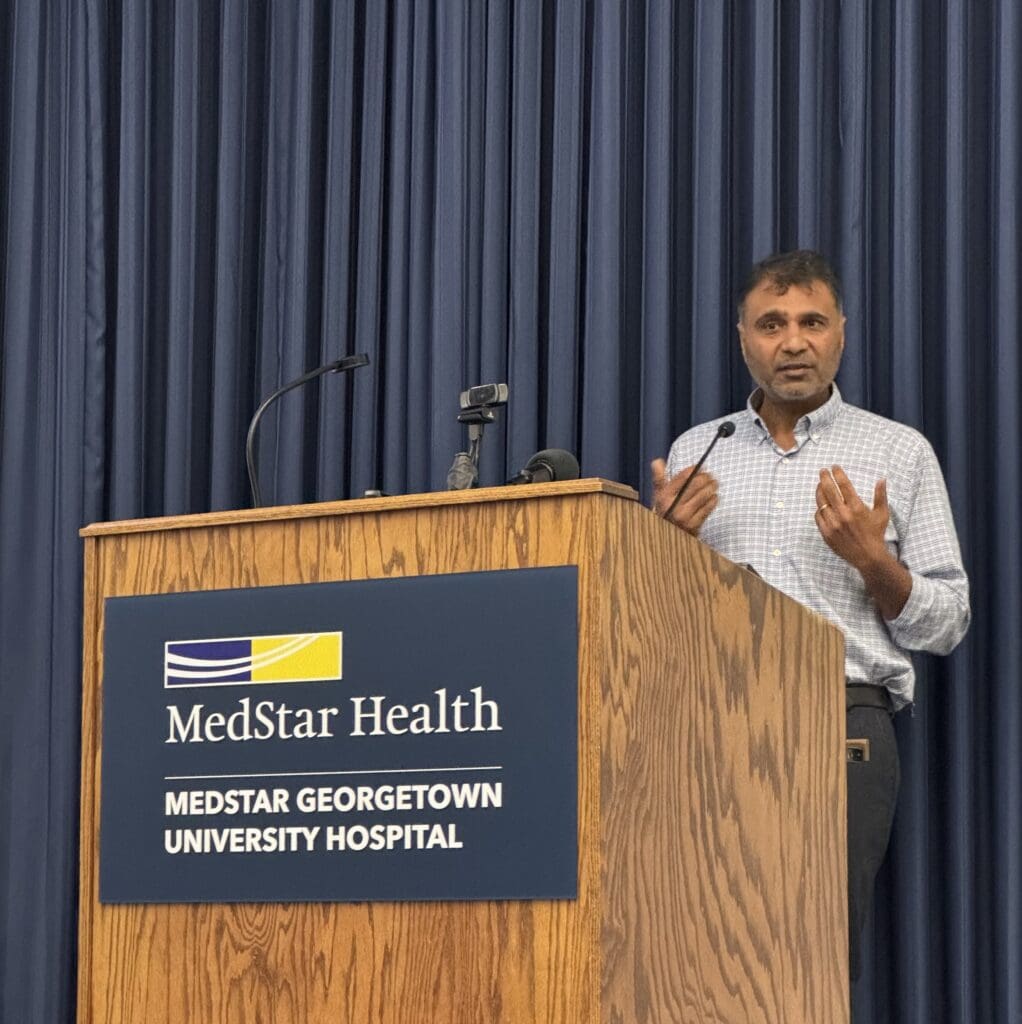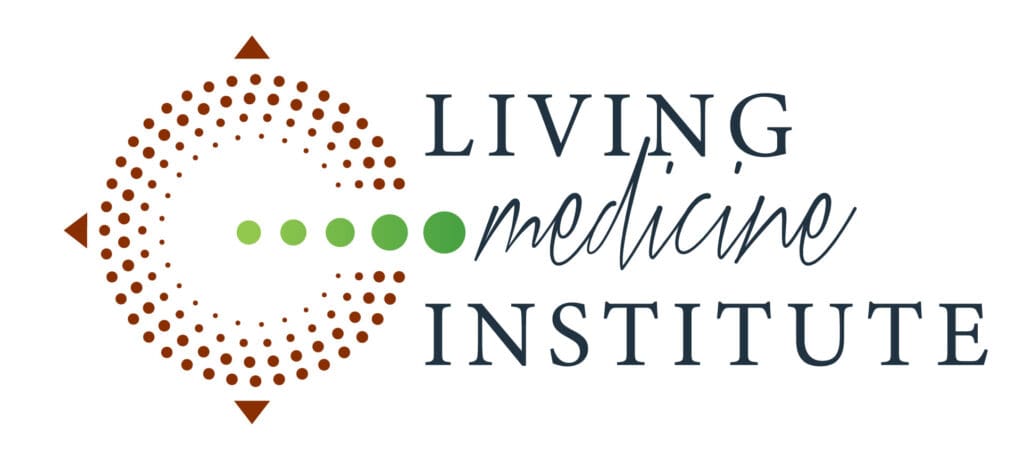Addressing moral injury with psychedelic-assisted therapy.
By Robert Koffman M.D., M.P.H.| Psychology Today | December 6, 2024
Published by the Modern Medicine Group

KEY POINTS
- A pervasive and often overlooked component of combat trauma is moral injury.
- Guilt from combat trauma, key to moral injury, is a strong predictor of suicide and suicidal behavior.
- Empathogens offer soldiers the opportunity to heal and reclaim their humanity through self-forgiveness.
In the more than two decades of continuous combat since 9/11, more than 7,000 American service members have been killed in action. Yet death by suicide has claimed far more of America’s warriors: A staggering four times more lives have been lost to suicide than to military action. The statistics highlight an undeniable mental health crisis and the cost of service and sacrifice.
Despite this alarming reality, advancement in the behavioral health management of trauma has been minimal—exposure-based therapies set the gold standard. Prolonged exposure (PE) therapy confronts trauma-related memories, feelings, and recollections. PE is considered the most effective treatment for PTSD and is widely accepted as the backbone of trauma-informed care in addressing and correcting distorted or misinformed narratives stemming from trauma.
The Complexity of Military Trauma and Presence of Moral Injury
Over my 40 years as a military doctor, flight surgeon, and psychiatrist, I have witnessed firsthand the protean but profound complexity—and ubiquity—of military trauma. A pervasive and often overlooked component of this trauma is moral injury. Distinct from physical injury, the “soul wounds” of moral injury arise from acts that violate deeply held moral beliefs, such as perpetrating, failing to prevent, bearing witness to, or even merely learning about acts that transgress ethical or moral boundaries.
Understanding the impact of moral injury on mental health requires familiarity with the concept of Rules of Engagement (ROE). These battlefield parameters, designed to balance strategic objectives with soldiers’ authority to act, are constantly in flux. Leadership decisions, evolving objectives, ever-changing battlefield conditions, and individual soldiers’ perceptions (and training) all influence these parameters. Interpretation of ROE—often made within split seconds of action—create an environment ripe for moral and ethical conflict.
PTSD and Moral Injury: Overlapping Yet Distinct
The conversation around military mental health often focuses on post-traumatic stress disorder (PTSD), and rightly so. However, moral injury frequently goes unaddressed. While PTSD symptoms—such as hypervigilance, intrusive thoughts, and avoidance—differ from those of moral injury, the latter is often accompanied by intense shame and guilt.
Although PTSD symptoms commonly differ from those of moral injury, a 2009 study found that taking a life was a greater predictor of moral injury. And yet, moral injury as a distinct entity or criterion requirement for PTSD is nowhere to be found in the DSM-5, the psychiatric Diagnostic and Statistical Manual.
Unlike PTSD’s fear-based fight-or-flight response, the experience of shame and guilt elicit different nervous system reactions, often manifesting in pernicious self-attack, attack on others, avoidance, or withdrawal, as described in Nathanson’s Compass of Shame (1992).
Such behaviors can lead to nihilistic and self-destructive patterns. A 1991 study by Hendin and Haas found guilt related to combat trauma to be a powerful predictor of suicide and suicidal behavior, underscoring the severity of unaddressed moral injury.

The Promise of Psychedelic Therapy
Clinicians recognize that addressing moral injury requires an interdisciplinary approach, utilizing disparate support services, social services, and spiritual care. Yet, even with such combined efforts, up to 60% of PTSD sufferers fail to achieve meaningful improvements in moral injury symptoms.
Innovative treatments using psychoactive drugs, particularly empathogens (MDMA), offer a promising option. Empathogens, a class of psychedelic drugs, give rise to feelings of oneness, emotional communion, and openness and stir empathy. The compounds, which target memory reconsolidation and fear extinction processes, allow for new insights and expanded perspectives and cognitions related to trauma.
When combined with the appropriate psychological support during treatment and therapy after dosing (commonly referred to as “integration”), empathogen-assisted therapy can provide the necessary tools for deep therapeutic breakthroughs. Clinical trials have repeatedly demonstrated that psychedelics “re-open” blocked ego defenses, leading to trauma recovery and thereby facilitating the rediscovery of self-forgiveness and self-compassion.
Current evidence-based treatments often prioritize PTSD symptom reduction, making the goal of self-love and passionate self-forgiveness difficult to quantify and even more difficult to cultivate. Yet, self-absolution is vital for healing the wounds of combat and the impossible demands of Rules of Engagement. Empathogens offer soldiers the opportunity to reclaim their humanity, rediscover self-forgiveness, and experience a proper welcome home—a profound and much-needed act of love and acceptance.
Warriors deserve nothing less.
Dr. Robert Koffman, MD, MPH, is a highly experienced psychiatrist and therapist at Sunstone Therapies. With a distinguished 30-year career as a naval medical officer, he has dedicated himself to improving mental health care and providing support to service members. As the former Chief of Clinical Operations at the National Intrepid Center of Excellence at Walter Reed, he developed a renowned holistic recovery program for combat-wounded veterans. Dr. Koffman, a disabled veteran himself, brings a deep understanding of the unique challenges faced by veterans and actively works to enhance their access to non-stigmatizing psychological services. In addition to his expertise in psychiatry, Dr. Koffman is a seasoned medical acupuncturist and an acclaimed expert in Animal Assisted Therapies (AAT). He recognizes the powerful role animals can play in therapeutic settings and incorporates their presence into his practice. Alongside his extensive qualifications, Dr. Koffman is a graduate of the Center for Psychedelic Treatment and Research at CIIS, showcasing his commitment to exploring innovative approaches to mental health care. Dr. Koffman is joined by his loyal service animal, Ron, who provides support and companionship throughout therapy sessions. Together, they create a warm and inclusive environment for clients seeking healing and transformation at Sunstone Therapies.
References
Costs of War. (2021, September 1). Direct war deaths: Post-9/11 war totals. Watson Institute for International and Public Affairs, Brown University. https://watson.brown.edu/costsofwar/files/cow/imce/papers/2021/Costs%20of%20War_Direct%20War%20Deaths_9.1.21.pdf
Hernandez, J. (2021, June 24). Military suicides are increasing at a troubling rate, new Pentagon report says. NPR. https://www.npr.org/2021/06/24/1009846329/military-suicides-deaths-mental-health-crisis
Litz, B. T., Stein, N., Delaney, E., Lebowitz, L., Nash, W. P., Silva, C., & Maguen, S. (2009). Moral injury and moral repair in war veterans: A preliminary model and intervention strategy. Clinical Psychology Review, 29(8), 695–706. https://doi.org/10.1016/j.cpr.2009.07.003
Maguen, S., Metzler, T. J., McCaslin, S. E., Inslicht, S. S., Henn-Haase, C., Neylan, T. C., & Marmar, C. R. (2009). Routine work environment stress and PTSD symptoms in police officers. The Journal of Nervous and Mental Disease, 197(10), 754–760. https://doi.org/10.1097/NMD.0b013e3181b975f8
Nathanson’s Compass of Shame (1992).
Steenkamp, M. M., Litz, B. T., & Marmar, C. R. (2020). First-line psychotherapies for military-related PTSD. JAMA, 323(7), 656–657. https://doi.org/10.1001/jama.2019.20825
Zaretsky, T. G., Jagodnik, K. M., Barsic, R., Antonio, J. H., Bonanno, P. A., MacLeod, C., Pierce, C., Carney, H., Morrison, M. T., Saylor, C., Danias, G., Lepow, L., & Yehuda, R. (2024). The psychedelic future of post-traumatic stress disorder treatment. Current Neuropharmacology, 22(4), 636–735. https://doi.org/10.2174/1570159X22666231027111147Morereferences


